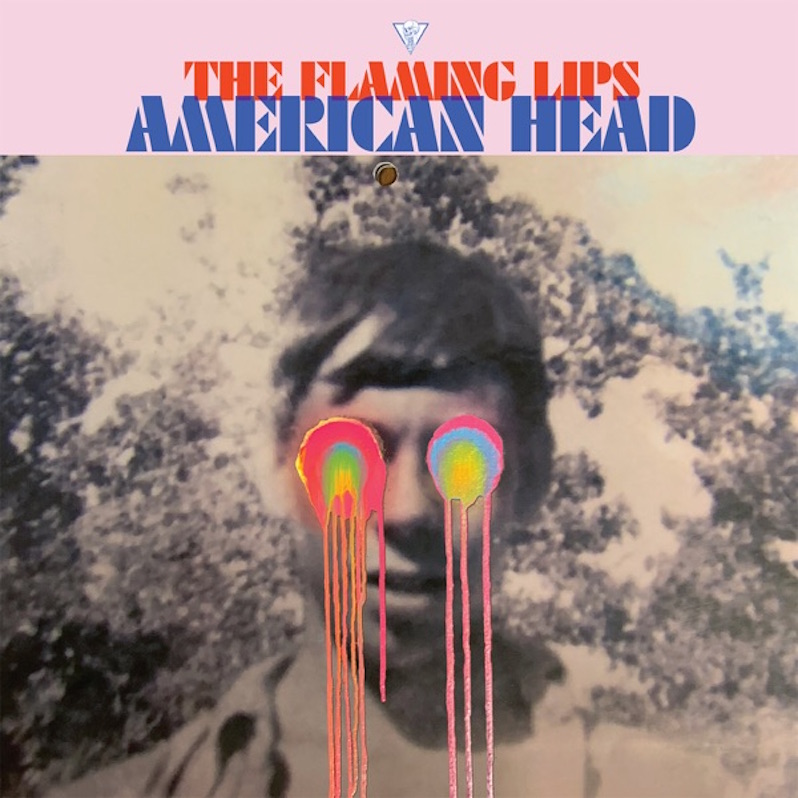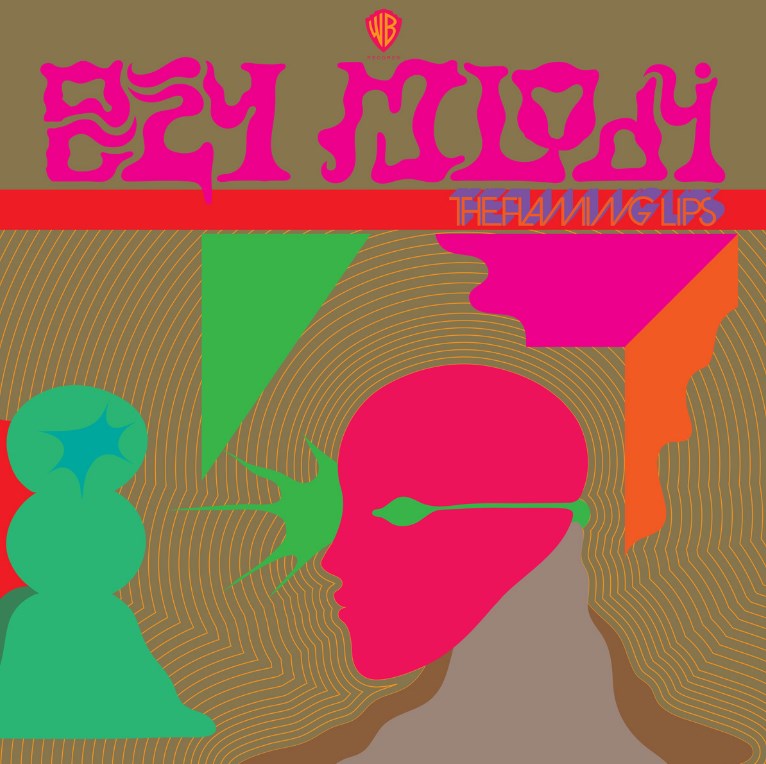The Flaming Lips : American Head

With the release of American Head, The Flaming Lips are now 16 albums deep. It’s a lot of music, a lot of work, a lot of effort, above all a lot of experimentation. Yet they’ve been in a sort of quandary the past couple years, attempting to transition into an entirely new phase, yet struggling to brave new frontiers while retaining their unique splendor. With this album, The Flaming Lips present a sonic attempt to overcome this division—this time, through a careful and delicate, if not somber approach.
As ever, the band’s ambitions remain high, though early on there’s plenty of promise to go around. Opener “Will You Return When You Come Down” is lush with a gentle piano, Wayne Coyne’s vocals closer to the Soft Bulletin era, focused and refined compared to their more purposefully strained outings. “Watching the Light Bugs Glow” verges on the experimental, with humming offset by a deep guitar tone overlaid with a classical country twang, a sonic fascination that emerges throughout the first half of the album.
So far, it’s The Flaming Lips as we remember them, with some specific exceptions. Coyne for the first time in a while shows signs of genuine weariness and worldbound cynicism, just like the listener tiring of the external oppression that mounts around us with a hideous energy. This dichotomy, however, is unable to break through into anything truly aggressive or heavy, snarling or raspy. Just fields of acid pop and groove-laden psychonaut antics.
“Dinosaurs on the Mountain” is full of electronics of varying qualities, all melting into a sugary saccharine warm haze. It’s not a new sound by any stretch, and Coyne muses lyrically about dinosaurs on a mountain, as the title suggests. Its sonic purchase is far beyond what its fun lyrics would imply compared to the dour, reflective lyrics of “Mother I’ve Taken LSD,” an oddly balletic effort, with a chorus that is laser precise in its focus and adorned with an earworm of a chorus.
Melodies throughout the album are left to resonate, never too concise, always just blurred and long enough to add enough tactful melodrama. It’s an old trick though. Beyond the intricate compositions and unusually bass-heavy mix, it’s The Flaming Lips doing what they’re best at. Spacy, broken electronics warbling over Coyne’s voice filtered through a broken speaker in “Brother Eye,” crystalline pianos and improv strings embellish a painfully earnest crooning Coyne on “Mother Please Don’t Be So Sad.” While it’s all congruent, it’s also bordering on a pastiche of the latter half of their output.
There’s some arresting percussive rhythms on “Assassins of Youth,” a track with interesting bursts of minimalist, monaural spastic dance elements that exist almost purely to complement its maximalist verses. It’s probably the fullest and richest the band has sounded in a long time, finally falling on crescendos and movement. “God and The Policeman” is sadly too short, and the closer “My Religion is You” is more of a reprise than a deliberate coda.
American Head is a curious effort from the ever-weird maestros of American psychedelic rock. While it doesn’t fully need to be relentlessly experimental, it also finds the band seemingly afraid to embrace a darker tonal suite. Its lyrics, although effectively mispaired with its sounds, never quite feel authentic. American Head is expansive and morose, yet it’s also awfully still. While on one hand it’s the closest the Lips have come to capturing some of that magic that lingered on Soft Bulletin, it’s effectively bottled nostalgia with all the good and bad that it entails.
Label: Warner Bros.
Year: 2020




